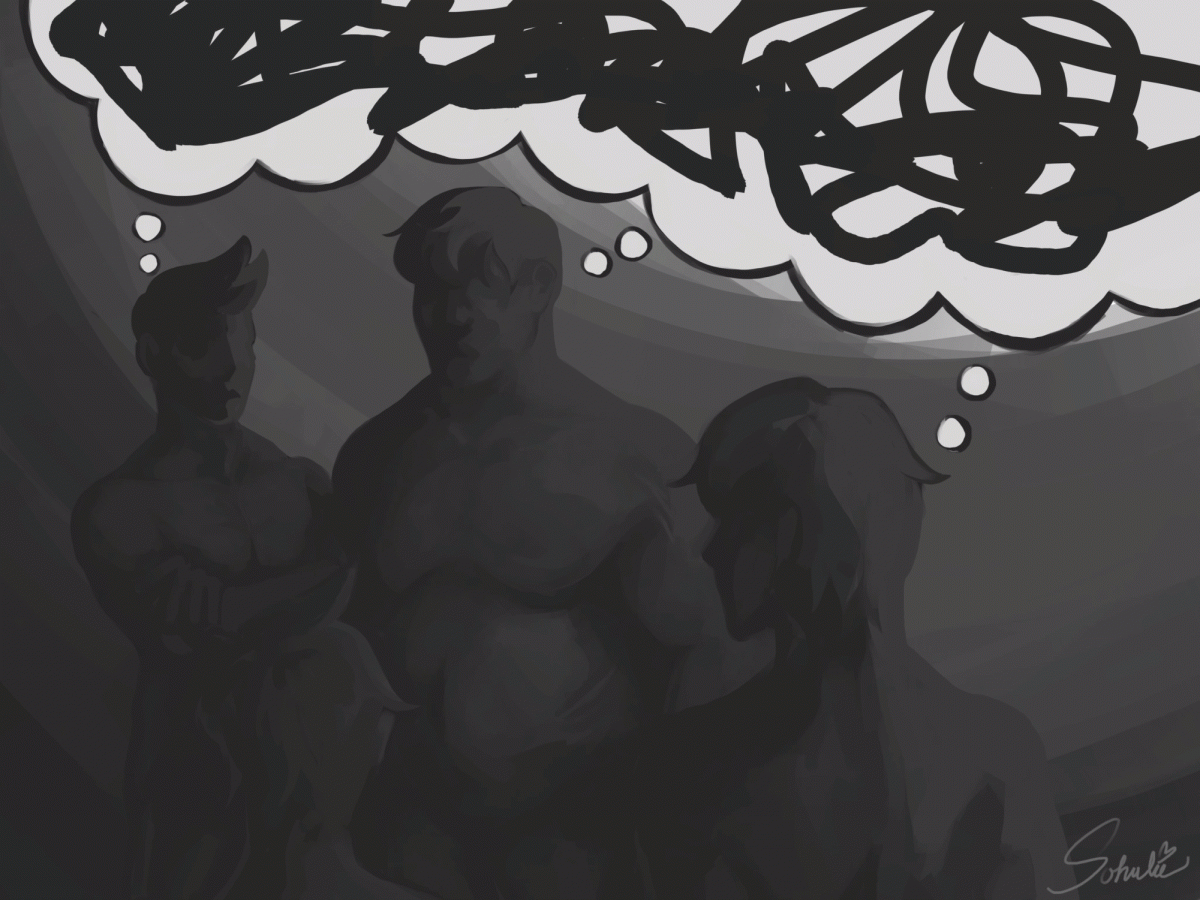by Divya Kumar
News Editor
I think of daylight savings two times a year: during the “fall back” period, when we all gain one extra hour of well deserved sleep, and the “spring forward” time, when it seems as though this hour is lost. Though I am thrown off for maybe one or two days by this time change, it is easy to fall back into my routine unscathed. It has gotten to the point where daylight savings is just another day of the year that is marked on a calendar, but means very little.
It came as a bit of a surprise to me when I realized that there are people out there who not only care about daylight savings time, but sincerely dislike it.
There are those who hate daylight savings time to the point where they refuse to even acknowledge its existence. Arizona and Hawaii, for example, are the two states in the U.S. that reject the tradition of daylight savings. While this news seemed slightly irrational to me at first, a little bit of background on the tradition provided me with some more perspective.
The original intent of daylight savings was to do exactly as its name promises–save the daylight. It was designed to provide people with an extra hour of light to do more productive things with their day. Originating during the time of the Industrial Revolution, when productivity was the main focus of the nation, the concept seemed ideal. It has since modernized into a tool for more than just productivity; eco-friendly companies promote daylight savings as time for people to spend outside, thus reducing pollution and energy costs.
However, the world has since moved out of such bucolic pastimes. Another hour of daylight may give us more time to spend doing things out of the home, but it is unlikely that we will not be using technology during this time. While Congress attempted to push back daylight savings in order to promote eco-friendly ideals, the overwhelming majority of the country’s energy output has not been affected at all by it. And this makes sense; I have never put away my laptop to go take a walk just because I have been given another hour of sunlight.

Beyond simply being an outdated practice, daylight savings has gone so far as to disrupt life in certain areas. To those whose lives revolve around the movements of the sun, such as agrarian farm workers or religious devotees, daylight savings can severely affect habitual actions. If the time of the sunrise was pushed back several hours, these people find their days much more difficult to organize.
This poses the question: is daylight savings a necessary practice anymore? In such a technological world, losing or gaining an hour of sunlight a day does not make a huge difference; our cars allow us to drive anywhere at any time and we can use light bulbs for when it gets dark outside. The sun is necessary in the most basic sense of that it provides warmth, but it is no longer as desperately needed in such a modern, industrial society as our own in order to continue being productive.
Simply because I am a stickler for tradition, I would also argue that daylight savings is a practice worth holding onto. Though the arguments of its disruption are valid, at the same time, I think the ideology behind its origin is a noble one. I can attest to claiming that there are not enough hours in a day to get everything I want done and though daylight savings does not directly help with this, it does still have an impact. An extra hour of sunlight lets me pull up my blinds rather than using my lights, roll down my windows rather than turning on the AC and walk across the street to drop something off at my neighbor’s house rather than drive to it.
Rather than abolishing this seemingly irrelevant practice, I think it is important for Americans to revel in the opportunities that it provides. Being a rather ardent promoter of the go-green movement myself, daylight savings is the ideal time to lay low on my dependency on technology. While my friends and I tend to adopt the practice of just watching movies when we hang out, an extra hour of light will allow us to spend more time out of the house–walking around at the mall or spending the day at the park. Though not groundbreaking, the hour does provide us with time to do something that does not involve energy-consumption.
So yes, while it is completely possible to allow this day to pass by nonchalantly, it is also important to recognize the opportunities it holds. Whether it provides an extra hour to relax beneath the covers or time to spend outside that would otherwise be devoted to homework, daylight savings time truly holds the possibility of adding more hours to an otherwise relentless day. And, in the time-crunched world we live in today, that is something we could all use.














